
views
Registering with Your Bank’s Online Banking Service

Go to your bank’s website. All the major banks and practically all of the minor banks offer online banking services. Open your web browser on your computer and visit your bank’s website.
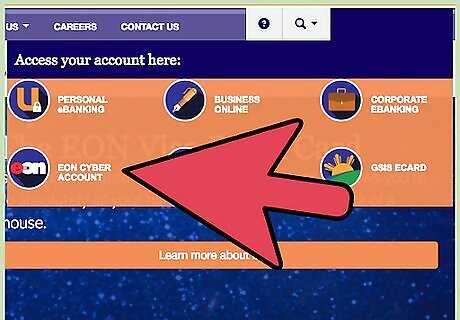
Select “online banking." Browse the homepage of your bank’s website and click on the link that says “online banking." If you don't see the words "online banking" specifically, just look for the button that says "login."
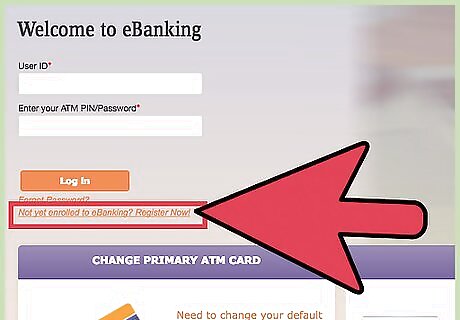
Register for an account. Click either the “enroll” or “sign up” buttons on the homepage to go to the registration section. Enter your basic bank information like your name, email address, billing address and bank account number. Some banks require more information. Be prepared to provide the date of your last deposit, or your mother's maiden name. You need to have an existing bank account before you can register for the online banking.
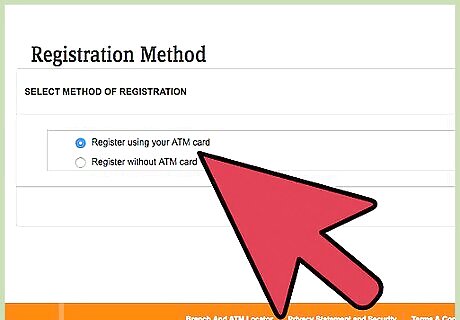
Choose your primary account. If you have multiple accounts in one bank, you'll need to choose which one you’ll use as your primary online bank account for the service. You can add or remove your other accounts once you've finished signing up If you only have one account, that account will continue to be your primary account by default. The more accounts you have linked to online banking, the more easily you'll be able to pay bills online, track spending, and transfer money between accounts.
Activating Your Service
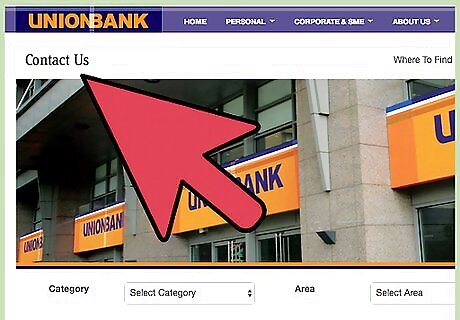
Go to your bank. Some banks will only activate your account if you verify your identity in person. If this is the case with your bank, go to the nearest branch of your bank and speak to the representative that handles online banking services. Provide the username/email address and password you used to register and they will activate the service on their system.
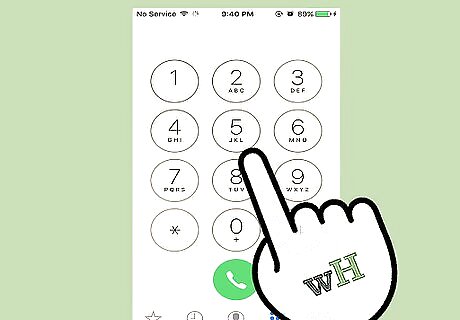
Activate your online banking service over the phone. Some banks let you activate your online banking service by calling their customer service department and talking to a representative. You will need to provide identifying information such as your Social Security or driver's license number.
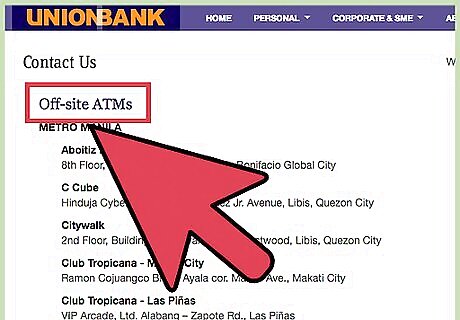
Activate your account at an ATM. Some banks will also let you activate your service at an ATM. The procedure isn't as standardized for ATM activations, so just follow the instructions specific to your bank. You can find them online after you've completed online banking registration.
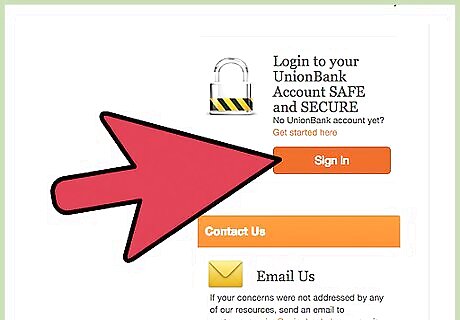
Activate your account online. If your bank allows and you prefer, you can activate your online bank account online. If your bank does allow this, you'll either need to create a username or use one provided by your bank (an account number, for instance) you created along with a password. It's best to create a password that isn't easily guessable. Use a combination or capital and lowercase letters, numbers, and special characters. When you activate your account, a lot of banks will have you create (or answer) security questions. These are special questions created by you or the bank which will have answers unique to you, such as the name of your high school mascot or the color of your first car.
Accessing Your Bank Account Online

Go to your bank’s website. Whenever you want to access your account, all you have to do is open your web browser and visit your bank’s website. After the page loads, look for the tab or button that says “online banking." Click the link that says “online banking” or "login" to access your account. Peter Weverka, Technology Writer When accessing your bank account online, always type the URL directly into your browser rather than clicking on links in emails. Use strong and unique passwords, and opt for multi-factor authentication if available. Check your account activity frequently to catch unauthorized charges.
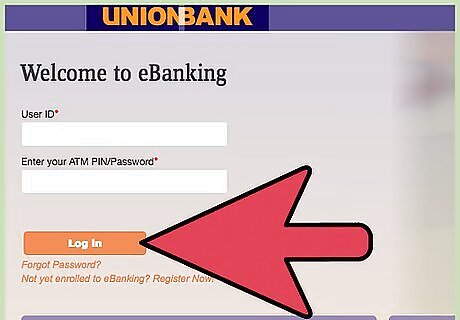
Sign in. Enter your online banking username/email address and password on the text field provided and click the “Sign In” or “Log In” button. If you can't remember your password, follow the password reset link below the text box.
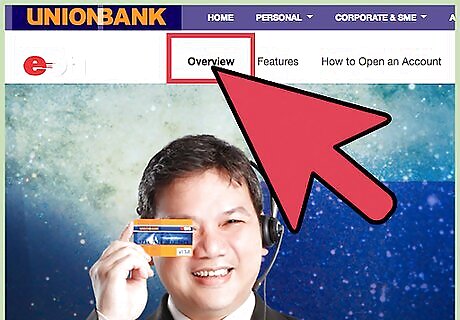
Wait for the site to open your account. You should be able to see all your account details like available balances, recent transactions and pending payments.
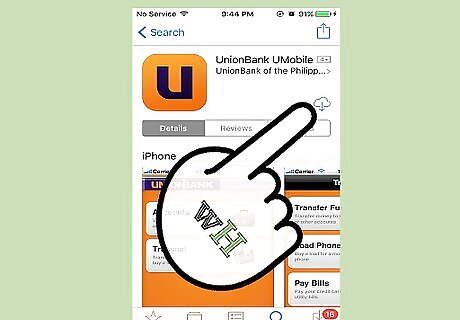
Add a mobile app. Almost all banks, large and small, will have a mobile app. Once you've gotten comfortable with online banking, download your bank's mobile banking app. Although the mobile interface might be a little different than the desktop interface, you'll login just like normal. Using the mobile apps allows you the freedom of being able to access your account anywhere you have a mobile data connection.
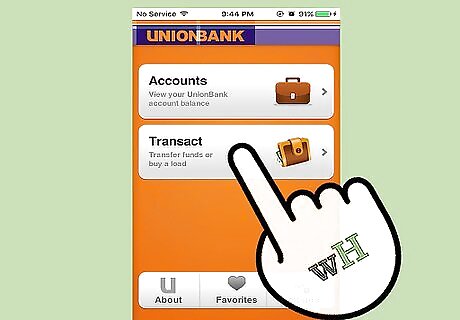
Use your account at your convenience. Online banking is convenient not only because of portability, but because it allows you to do things like transfer money between accounts, set up online bill pay, or monitor the posting of a deposit. If you find yourself confused by any online banking features, most banks and credit unions have chat assistance to guide you every step of the way.


















Comments
0 comment